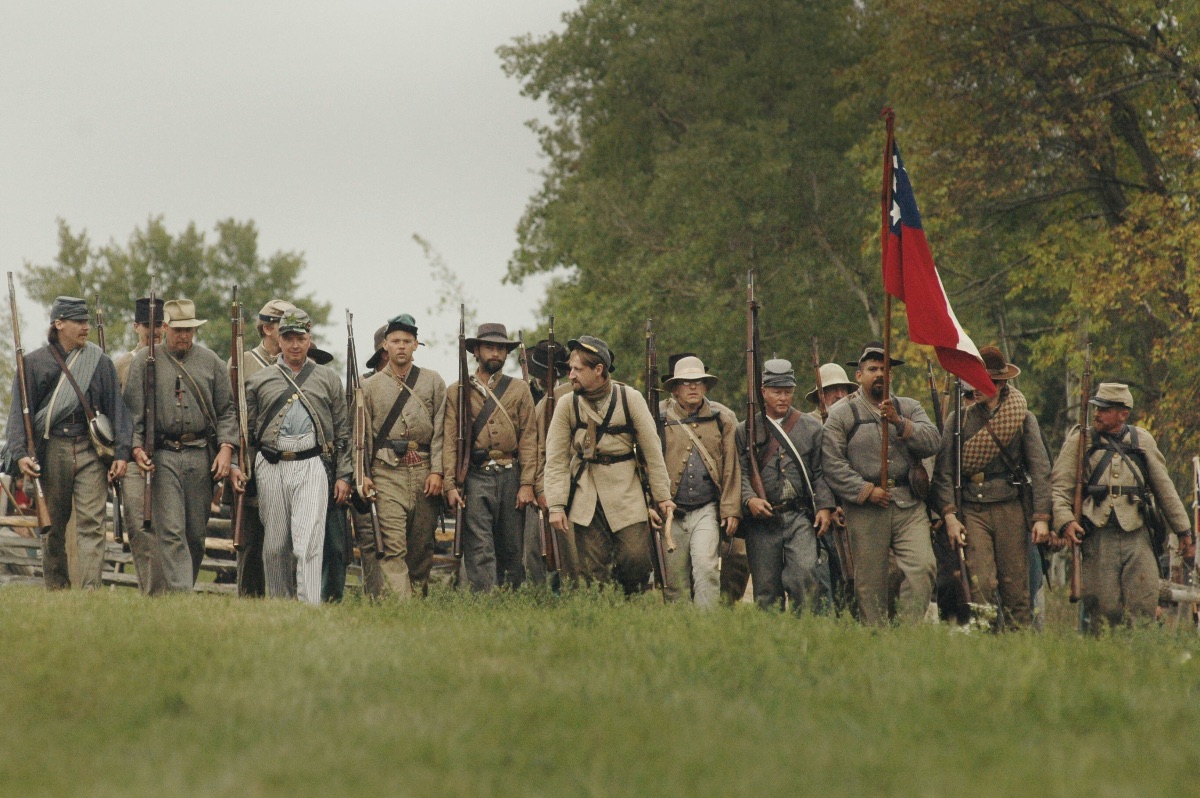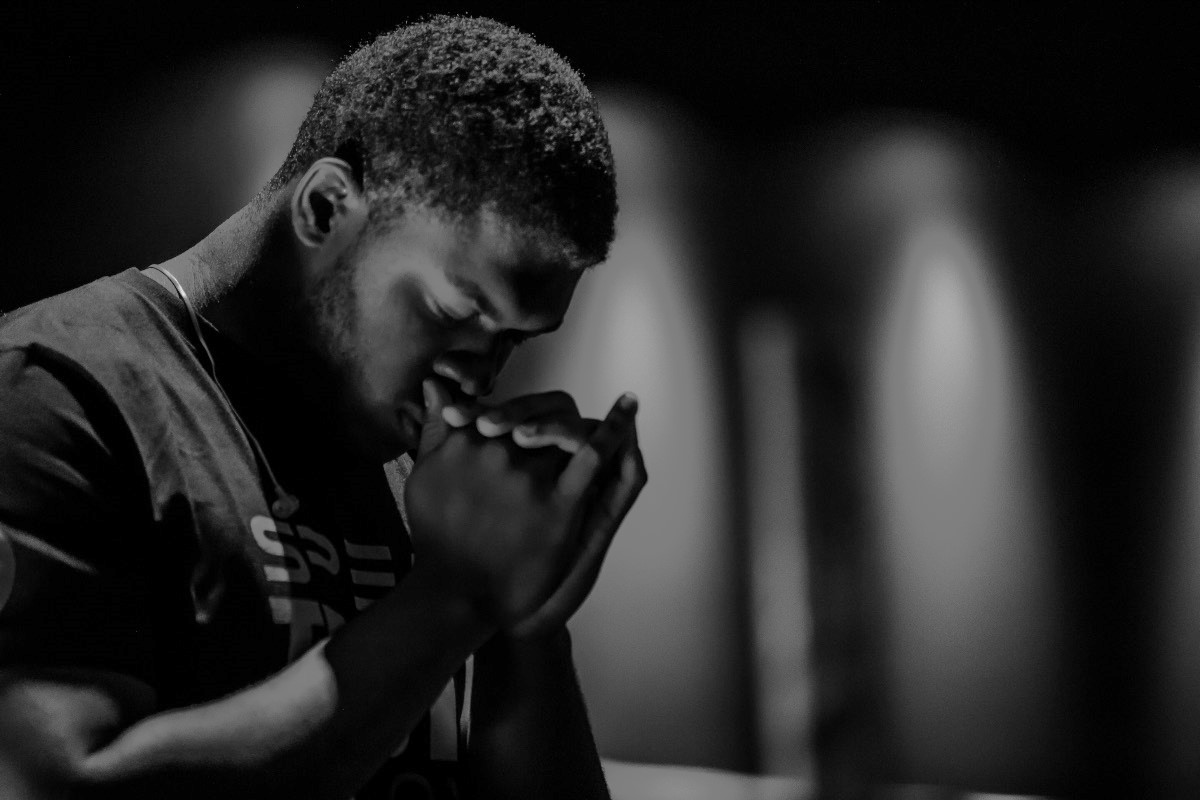
Those who know U.S. history know that the 1860s was a time of great turmoil, not only in the United States’ politics, but also in its churches. These years provide useful lessons for our churches today.
- According to Mark Noll’s book, The Civil War as Theological Crisis, American churches were incredibly strong in the years leading up to the war.
- Before the war, believers were flocking to church, knew their Bibles, listened attentively to sermons, and held power in many spaces, including political ones.
However, during the war, churches largely lost sight of the most important thing — grace. Mark’s description of them then may remind us of our churches now:
- Then and now… Both political parties are sure that they are right. People are sure of the righteousness of their cause (and the evil of those who oppose it). People are anxious about the changes they see happening in their church and in society, and this often leads to destructive behavior.
Noll’s book leads us to three places where churches then needed to exercise wisdom and discernment… and where we do today as well.
Important Lessons From the Civil War
In Bible Teaching
- At the very heart of the disagreement between those who were pro-slavery and those who were anti-slavery was how to properly read the Bible. Pro-slavery forces claimed that, in the plain reading of the text, the Bible clearly supported slavery. Those on the anti-slavery side looked to the greatest commandment, the book of Philemon, and more.
- How does your leadership exercise wisdom and discernment in teaching so that you create a healthy, biblically informed community?
In Listening to Other Voices
- Noll’s book notes how European churches were able to bring wise insights about slavery and war into the mix from afar.
- Who do your leaders listen to from “afar” that are outside the U.S. and Canadian world?
In Seeing God at Work
- Many American Christians in the Civil War era believed you could discern God’s hand in the nation’s affairs easily. Both pro- and anti-slavery advocates proclaimed that God was on their side. Even when the war finished, religious leaders in the South proclaimed the loss was due to God’s providence—not because he condemned slavery, but because he was chastising the South for not being fully committed to him in the war.
- What patterns of discernment (with a strong dose of humility) do your leaders follow so you don’t claim God for your side, making the other side anti-God?
As churches deal with so many issues in the 2020s, Noll’s book is a quiet yet important reminder of how the church acted in the past when it faced world-forming issues. It calls us to look at how we understand biblical interpretation and how we understand providence. Perhaps, more than anything else, it calls us to practice humility as we work to create healthy, grace-filled congregations.
Latest Articles

Recent Trends In Church Staffing

Thankful For the Fleas

Important Missional Lessons From Peter and Cornelius

Encouraging People: Being a “Barnabas” in a “Paul” World

Biblical Prayers for Renewal

Asking Better Questions In Church Renewal

Just Do Something: Cultivating a Bias Toward Action

Praying Together For Church Renewal



